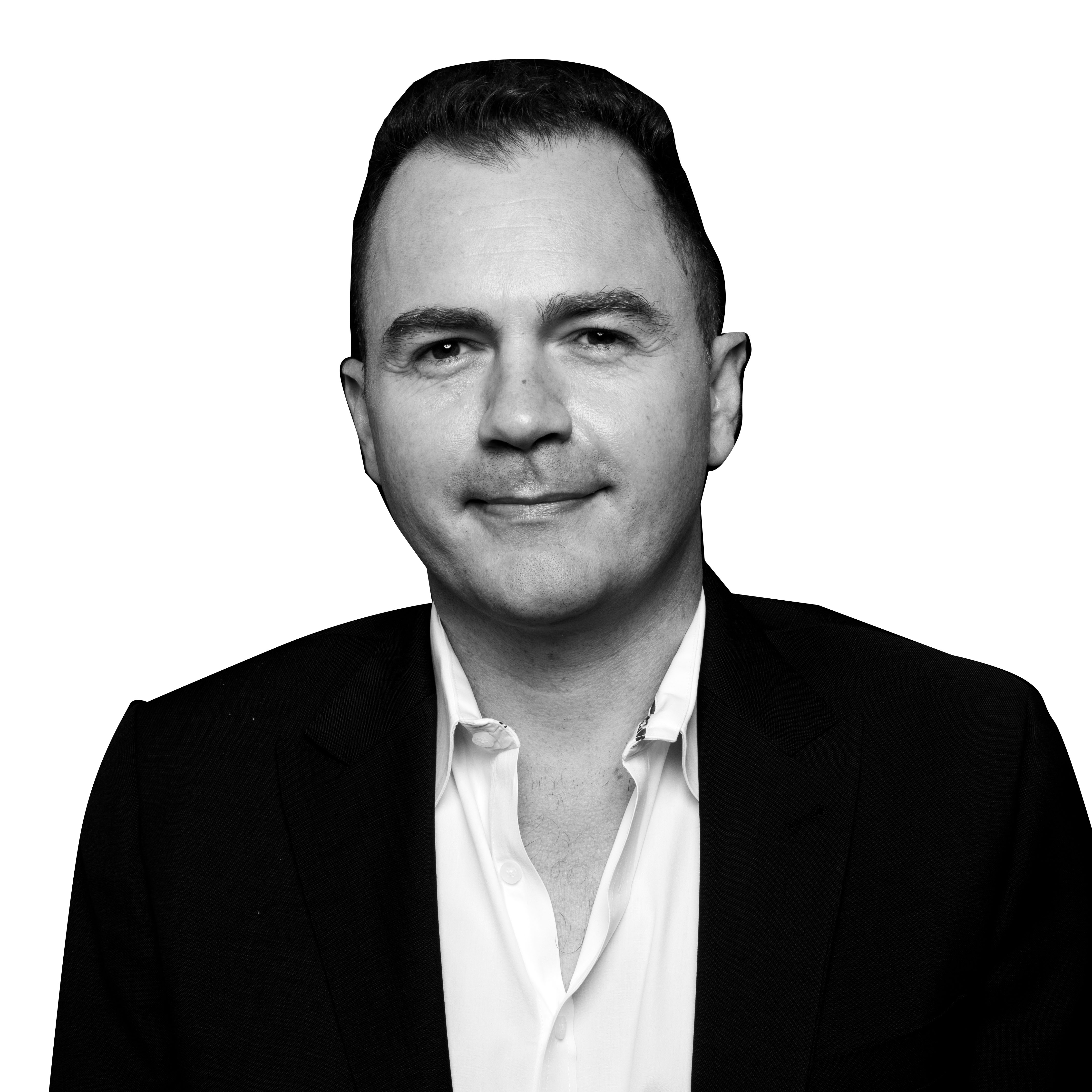U.S. News
Photo Illustration by The Daily Beast/Alamy
Tax-Cheat Billionaire Gets Naming Rights to New Cancer Unit
REPUTATION LAUNDRY
A cancer screening initiative from Mount Sinai Hospital will serve both the public and Robert Smith’s reputation.

Trending Now






